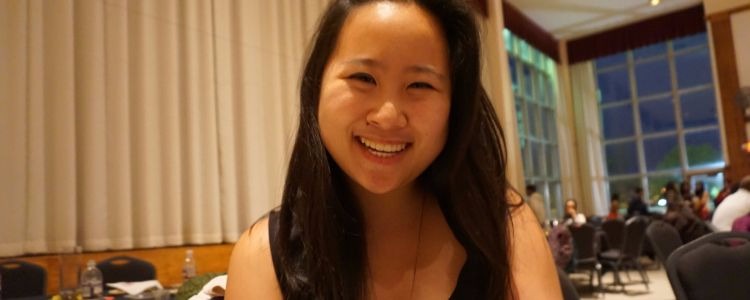How I’m Utilizing Social Media for Social Good
I often want to delete all of my social media profiles. In fact, I deleted my Snapchat months ago and it has been great. But I keep my Facebook, Instagram, and Twitter alive, and I do this because social media holds a lot of powers. One of them is giving everyone a voice.
Social media has now become the platform for individuals, brands, and nonprofits to promote themselves and their work. Maybe the founder of a nonprofit can run one social media channel, like Instagram, but there is no way one person can manage it all. That’s where volunteers come in—and that’s where I come into this story.
I began managing social media for mental health organizations three years ago. As a Korean American who cares deeply about mental health issues, volunteering in social media seemed like the obvious thing for me to do. The stigmas surrounding mental health are so magnified for people of color and other marginalized groups.
The first nonprofit I volunteered for helped people recover from eating disorders. I heard the phrase “eating disorders do not discriminate; they affect everyone” about a hundred thousand times. But I rarely, if ever, saw people of color and their stories being featured in the media, or talking about eating disorders so openly. If eating disorders do not discriminate by any identifier, why couldn’t I find a person of color speaking out?
Growing up, the lack of representation in the media for people like me was isolating. As I got older, I made it my mission to be visible online through volunteering for mental health organizations. Social media can be used to drag people down but no one benefits from negativity. I find mental health organizations to volunteer for in any capacity that I possibly can to show people that talking about mental health as a person of color is okay.
Even though social media can be exhausting, I decided to utilize its power for good and become that representation. Especially online, where communities reach global margins, if there is no representation, communities cannot be built.
The next time you see a really cool mental-health-related project, go to their website and follow all of their social media accounts. Tell them you love what they’re doing and if the mission really inspires you, drop an email asking to get involved. The world can only benefit from this kind of dialogue.
Casey Chon is a senior at Hampshire College studying world peace. You can connect with her via LinkedIn or Twitter.




